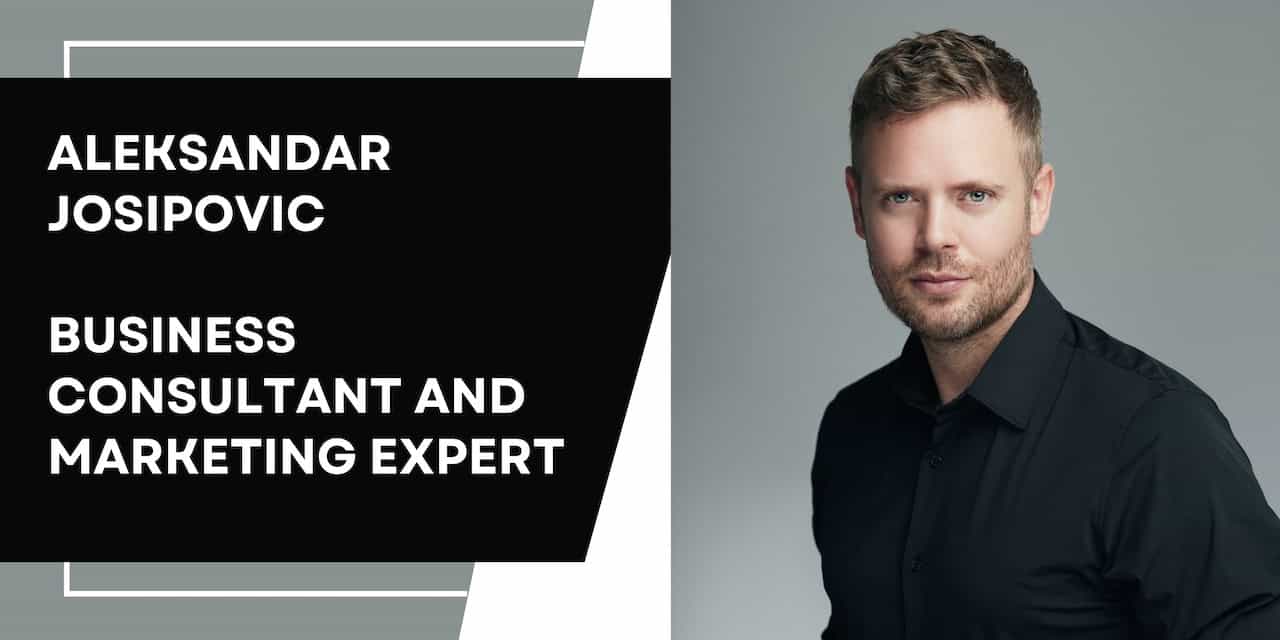Navigating a Cultural Transformation by Aleksandar Josipovic – Business Consultant and Founder of The Dark Ink Consultancy
A cultural transformation is underway in the field of beauty and aesthetic medicine, driven by the integration of new digital health technologies. Much like their impact on general healthcare, these technologies are revolutionising the world of beauty and aesthetic medicine as we know it… bringing with them both exciting new possibilities, but also challenges and adaptations to be addressed. In this article, we will delve further into this topic – discussing the positives and potential pitfalls of digitising your business / processes.
The Benefits of Digital Health:
Aesthetic medicine and the beauty industry is ever evolving – with new technology, procedures, techniques and products infiltrating the market every week. The sector is enhanced by and complemented with the addition of further digital innovation. Embracing new digital health technologies can set you ahead in both your credibility and patient results… not to mention streamlining diagnostic and administrative processes. I’ve listed a few of the biggest benefits that digital health technology brings to the table below:
Enhanced Diagnosis:
Imagine a scenario where a practitioner employs facial recognition algorithms to identify subtle facial changes that might escape the human eye. These algorithms enable professionals to provide highly personalised assessments and treatment plans. By harnessing AI-driven analysis, practitioners comprehensively understand individual patient needs, ensuring treatments are perfectly tailored.
Predictive Outcomes:
The power of prediction has never been more accessible. With AI, practitioners can simulate treatment outcomes with remarkable accuracy. Patients can now visualise the potential results of their cosmetic procedures before even setting foot in the clinic. This transparency reduces patient anxiety and fosters trust and informed decision-making.
Optimised Procedures:
The rise of robotics in aesthetics makes procedures more precise and minimally invasive. Robotic systems redefine surgical precision, resulting in shorter recovery times and minimal scarring. These advanced machines are turning complex surgeries into smoother, more efficient processes.
Streamlined Administration:
The convenience of digital health extends beyond the clinical setting. Electronic health records and mobile apps for appointment scheduling and post-treatment care instructions empower patients to engage in their care actively. This efficiency benefits both patients and practitioners.

Challenges and Ethical Considerations:
That being said, there are undisputable challenges and other areas of consideration that should not be overlooked or underestimated; when it comes to implementing digital health solutions in aesthetic medicine. Understanding and analysing these areas of weaknesses will allow you to make the best decisions for your business, patients and internal workflow.
Unpredictable Results:
While AI enhances predictability, there are instances of unexpected outcomes. Managing patient expectations and having contingency plans in place is crucial. Technology provides valuable insights, but it’s not without its limitations. Practitioners should use their expertise to adapt to unique patient responses, ensuring satisfaction.
Loss of Human Touch:
Aesthetic medicine thrives on personal connections. The risk lies in losing the empathetic bond between practitioners and patients as technology takes centre stage. Achieving a balance between technological advancements and compassionate care is paramount.
Ethical Concerns:
The ethical use of patient data, especially in facial recognition and image analysis, raises important questions. Protecting patient privacy and securing data is non-negotiable. Transparency and informed consent should guide every aspect of technology integration.
Data Privacy:
As digital health relies heavily on data, robust cybersecurity measures are essential. Cybersecurity breaches can compromise patient information, highlighting the importance of stringent data protection protocols.
Dependency and Skill Erosion:
While technology empowers practitioners, over-reliance on it may lead to the erosion of traditional skills. Striking a balance between technological tools and clinical expertise is essential. Aesthetic medicine remains as much an art as it is a science.

Future Outlook and Patient-Centric Approach:
Looking ahead, the future of digital health in beauty and aesthetic medicine holds exciting possibilities. Emerging trends include virtual reality (VR) consultations, allowing patients to explore treatment options in immersive environments… as well as ground-breaking advancements in 3D printing; promising to revolutionise prosthetics by offering highly customised solutions.
One of the most profound shifts this new trend brings about is the move towards a patient-centric approach. Digital health technologies empower patients to participate in their care actively. They can visualise potential outcomes, engage with their practitioners through mobile apps and make better informed treatment decisions. This patient-centric approach enhances satisfaction and ensures that treatments align with individual preferences and goals. Transparency and education in aesthetics is key – building patient trust whilst debunking harmful misconceptions and banishing negative stigma surrounding certain procedures.
Change – and digitisation – isn’t something to be feared. Or indeed, ignored. As Karim Lakhani, Professor at Harvard Business School, said, “AI won’t replace humans, but humans with AI will replace humans without AI.” Embracing digital health technologies in aesthetics promises a future where personalised, efficient, and patient-centric care is the norm. Which sounds good to me!
As practitioners, it’s essential to navigate this transformation wisely; ensuring that the art of aesthetics thrives in the digital age. By addressing challenges with innovation and ethical considerations, we can shape a brighter future for aesthetic medicine; where patients are active partners in their aesthetic journeys.
Aleksander Josipovic is a sales, marketing, and communications professional with expertise in brand building and public relations. He founded The Dark Inc, which specialises in luxury lifestyle, hospitality, beauty, and entertainment. He has extensive experience across Europe, the Middle East, Africa, and Asia.
